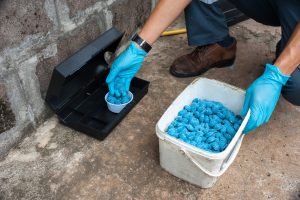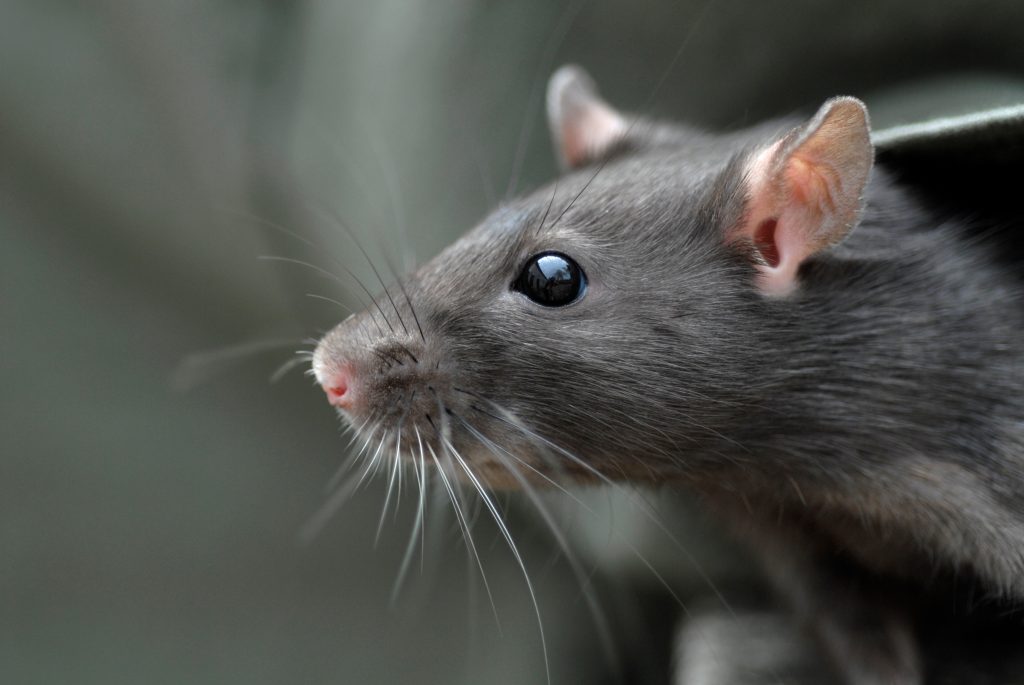Rats are one of the most common and frustrating domestic and commercial pests. They wreak havoc with restaurants and can destroy food stores on massive scales. The UN has rats listed as a threat to humanity and estimates the damages they cause to international emergency food stores intended for hurricane and earthquake victims is in the tens of billions of dollars. If you are noticing more rats than you did back in the nineties it is because of the financial crash in 2008. Before that, every major city would treat sewers and government buildings for exterior rats using potent rodenticide but due to the massive losses and shocking level of unemployment and poverty the rat treatments were ceased in most metropolitan locations. This has caused a massive increase in the rat population, especially of sewer rats or Norway rats. These rats can enter your home through a drain or even through the toilet. They can tread water for three days straight and can hold their breath for three minutes. They are highly dangerous and their feces and saliva can cause food poisoning and Staph infections. They are truly one of the most dangerous infestations to have and if they get into your home they can destroy it with no effort, simply dying in your walls will be enough for you to need a full renovation of the entire home. For this reason, it is absolutely necessary that you treat interior rats with traps and not poison. If you poison them they will have time to return to their nest and die inside the walls of the house. This can be one of the most destructive and expensive incidents a house can go through. Unlike mice who drink water once every few years, rats need water constantly and have a very high water content in their bodies. This means if they die in the walls they could rot for weeks and even months. The smell will be beyond comprehension and you will either have to rip the walls out or move to another home.

Using poison on rats is not recommended. Even on the outside, most rat poison brands will specifically say for indoor use only. This is because rats are not the only thing in your yard that will eat the poison. Protected wildlife like squirrels, raccoons, moles and birds will eat them as well and they can also eat the infected rat and become poisoned from that. Commercial grade poison, for this particular reason and to protect your pets, in tamper-proof bait stations that are heavily weighted so the rats cannot move them. These stations are built with two narrow hallways only a rat or mouse could fit through with a sharp turn that takes them to an atrium. In this atrium, there will be either blocks or biscuits of commercial-grade rodenticide. The rats will eat it and try to chew pieces off to take back to their families. They will generally die in their nests and burrows which is safe and not a bacterial danger.

